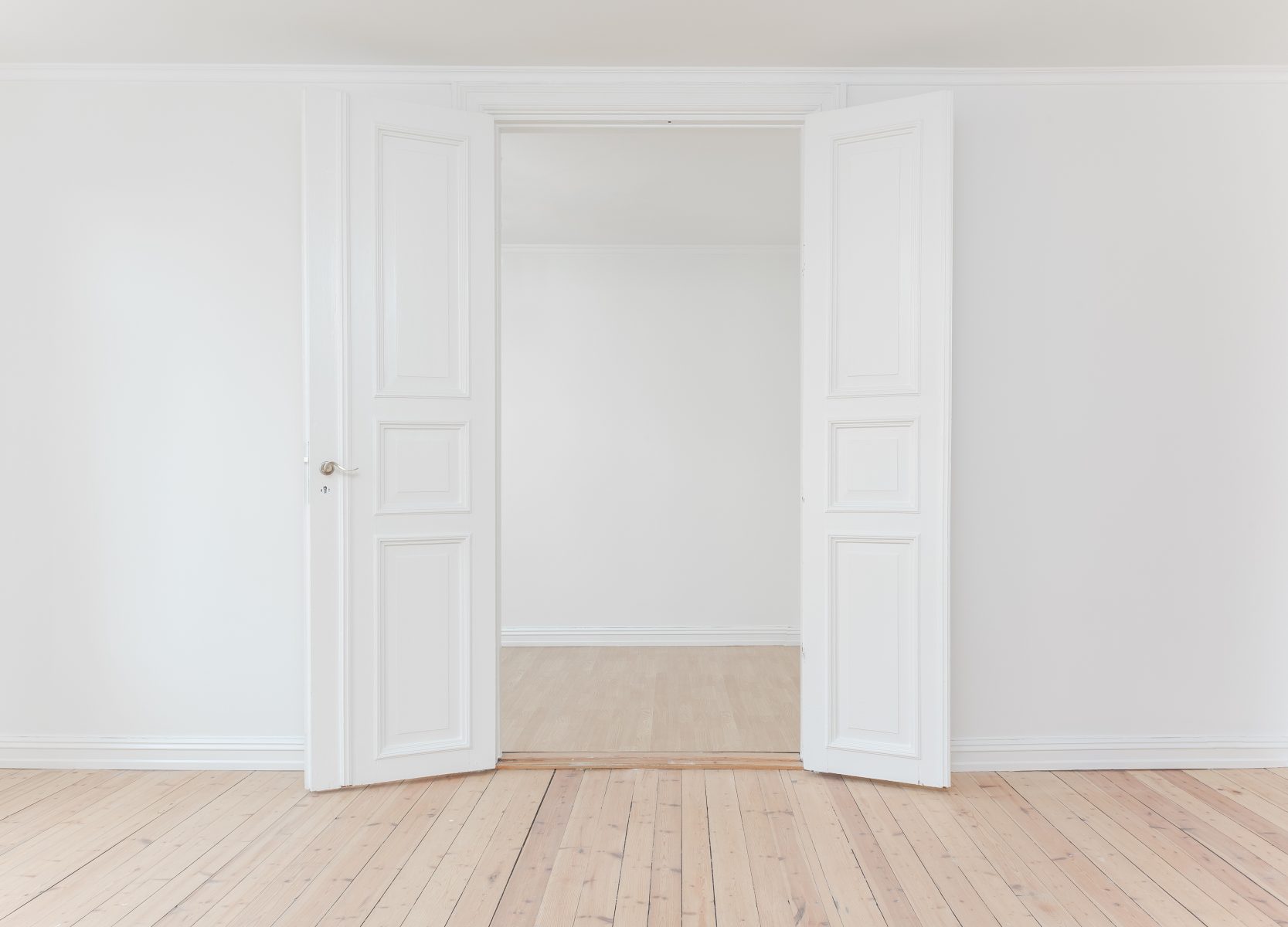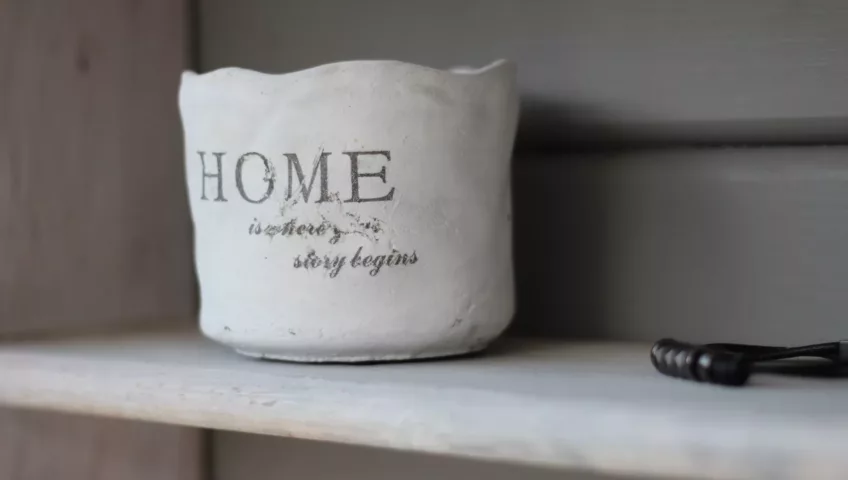Renovating a property not only allows you to customise your home to suit your personality and needs, but it could potentially add significant value to its sales price.
It doesn’t matter if you are insulating your property or adding a new boiler, the process will require both research and investment, which could prevent you from blowing your budget or making some big mistakes along the way.
Get started by reading these five essential tips for renovating your home.
- A Realistic Budget
It can be easy for costs to spiral out of control when renovating a property, especially if you don’t have a firm grasp of your finances.
Ensure you are financially prepared for a renovation project by setting a realistic budget, which should include the cost of materials and labour.
It is also worthwhile leaving a little wiggle room in your budget, which could help to cover any unexpected costs, so you will not be forced to dip into your savings or enter debt.

- Don’t Bite Off More Than You Can Chew
Many people choose to head down the DIY route when embarking on a home renovation. It is, however, important to be realistic about your skill set and passion for the job.
If you don’t lack the necessary skills to execute a project, leave the job to the professionals; otherwise, a renovation project could cost you twice as much following a failed first attempt or could reduce your property’s value.
There are some renovation tasks a novice can easily undertake, such as painting or wallpapering; however, there are many other projects that will require an expert hand, such as building a conservatory or installing a boiler.

- Compare the Market
Don’t settle for the first home improvement specialist you find at the top of Google, as their services could cost considerably more than their local rivals, or they could lack their competitors’ skills and experience.
To ensure you hire the best company for a renovation project, visit Comparecompanies.co.uk to compare tradespeople and receive the best quote for your budget.

- Measure the Space
Before you hire a professional, think carefully about how the changes will affect the existing floor plan.
For example, how will a conservatory affect the size of a garden? Will a new bathroom vanity prevent a door from closing?
To ensure your home improvement doesn’t turn into a living nightmare, measure both the shape and size of the new addition to your home, so you can make an informed decision about the space and flow.
![]()
- Avoid Short-Lived Trends
Following home improvement trends can lead to an outdated home in six to twelve months’ time, especially if you don’t have the finances to re-do a project in the near future.
To create a property that will look picture perfect throughout the years, avoid following fleeting exterior and interior design trends and adopt classic styles and practical upgrades, which will make you never want to put your property back on the market.
![]()


Write a Comment